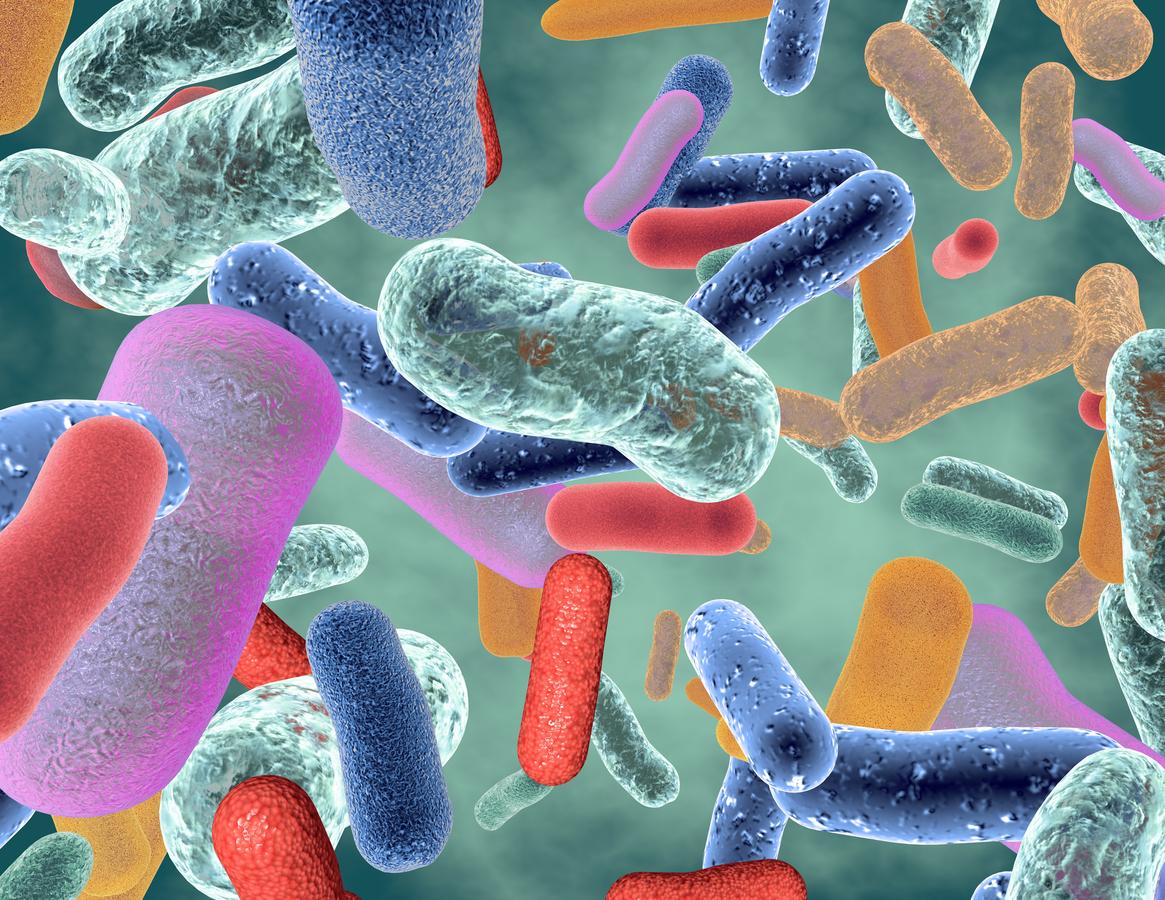Mice that received fecal transplants from epileptic children on the ketogenic diet had fewer seizures, meaning the microbiome is behind the anti-epileptic effect of this diet.

- Mice received fecal transplants from epileptic children on the ketogenic diet.
- They had fewer epileptic seizures and their microbiota showed similarities to those of children.
- This study shows that the modification brought to the microbiome by the ketogenic diet could be at the origin of its anti-epileptic effect.
Around 50 million people have epilepsy worldwide, making it one of the most common neurological conditions, according to the World Health Organization (WHO). This disease causes seizures that are sometimes very severe.
The ketogenic diet would modify the microbiota
According to the National Institute of Health and Medical Research (Inserm), 60 to 70% of patients respond favorably to epilepsy medications. Scientific research is therefore continuing to find new treatments adapted to those who are resistant.
Researchers from UCLA, an American university, may have just found a new therapeutic solution for these patients. According to them, the ketogenic diet (which is based on the almost complete elimination carbohydrates in favor of fatty foods and proteins) would modify the microbiota and this could reduce epileptic seizures. Their work was published in the journal Cell Reports.
“Understanding how microbiome function is modified by diet could help develop new therapeutic approaches integrating these beneficial changes while avoiding some of the disadvantages of diet.“, explains Gregory Lum, lead author, in a communicated.
The microbiome is behind the anti-epileptic effect of the ketogenic diet
Previous research had already shown that mice who followed a ketogenic diet had a reduction in the number of epileptic seizures they suffered. To check if this change came from the microbiota, the researchers took fecal samples from ten epileptic children who followed a ketogenic diet for a month and who did not respond to treatments for this disease. They then transplanted these samples into mice.
The results revealed that theMice that received a fecal transplant were more resistant to epileptic seizures. Another observation:The microbiota of children and mice showed similar changes. It is therefore the microbiome which is at the origin of the anti-epileptic effect of this diet. Hope for patients because this discovery could ultimately enable the development of new treatments. In France, 600,000 people suffer from epilepsy, half of whom are children, according to Inserm.


















